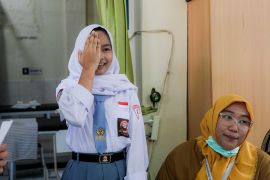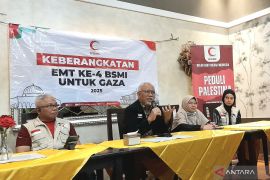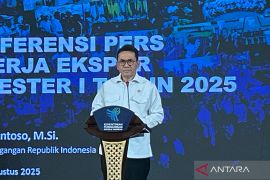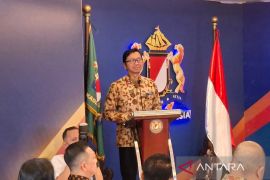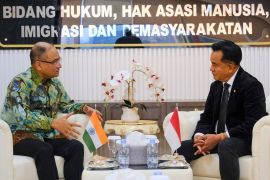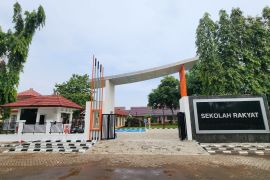"We are coordinating with the Japanese government and national institutions to utilize the biological resources in Indonesia in order to create anti-malarial and anti-amoeba vaccines," BPPT Head Unggul Priyanto stated on Tuesday.
The representatives of BPPT and the Japanese government had met at the "Joint Coordinating Committee (JCC) for the Science and Technology Research Partnership for Sustainable Development (SATREPS) Project by Utilizing Diversity of Indonesia Bio-resources (SLeCAMA)" at the BPPT office, which aimed at finding a drug that will be useful in dealing with a wide range of tropical diseases, including malaria.
The joint program named SATREPS, which will be implemented for a five-year period, aims to produce two compounds of anti-malarial and anti-amoeba drugs that can pass the preclinical trials.
Moreover, this activity is expected to encourage the research and development of drugs for typical Indonesian diseases in a bid to increase the nations self-reliance in the field of materials using for making drugs.
For the research, the BPPT has also involved some national institutions, such as the Airlangga University and the Indonesian Institute of Science (LIPI), while the Japanese counterpart will include Kitasato University, Tokyo University, and Microbiopharm Japan.
This form of cooperation is supported by the government of Japan through the SATREPS program, which is managed by the Japan International Cooperation Agency (JICA).(*)
Editor: Heru Purwanto
Copyright © ANTARA 2016
